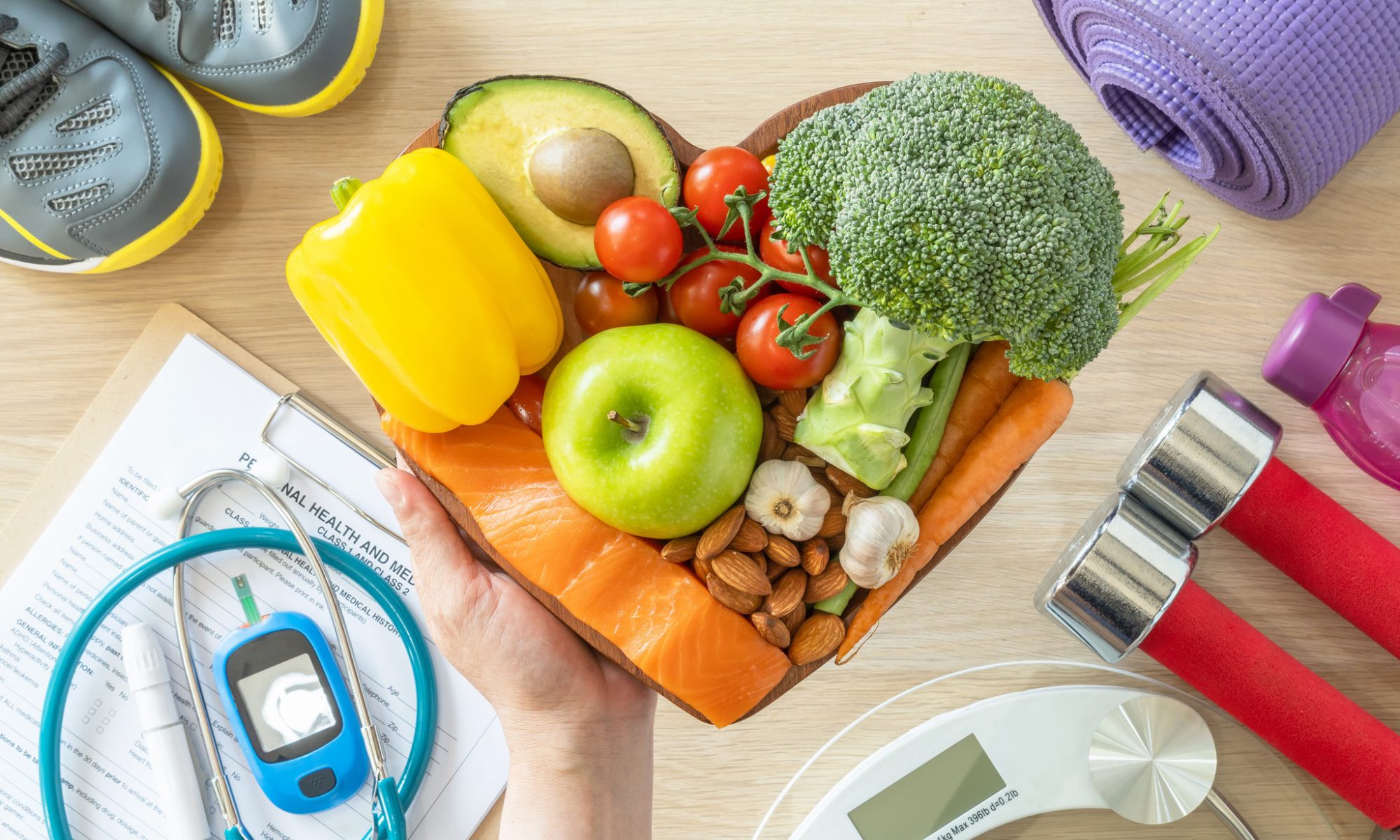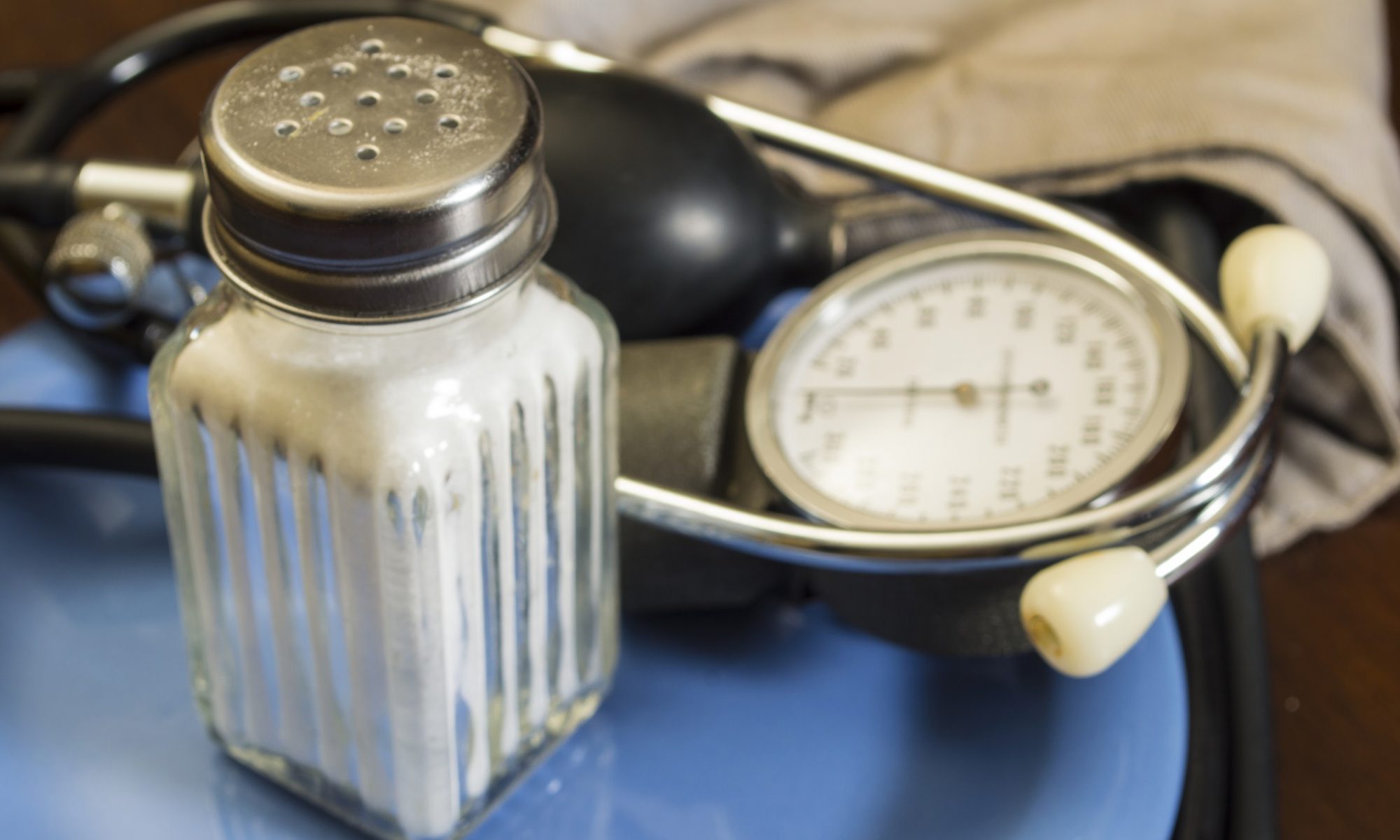Last fall, Jeff Hackman’s kidney disease turned serious. He felt tired all the time, got winded easily. Years earlier, his older sister, Dawn Martin of Marietta, made a promise: when the time comes, she would gladly donate one of hers. Within a few months, the siblings, who were a good match, passed a battery of tests, and a surgery date was set for Dec. 8.
But with omicron sweeping through the country at a dizzying pace, the siblings were filled with worry about the timing for this life-saving procedure, concerned the pandemic could delay the surgery or even thwart the procedure indefinitely. Click here to read the story in the Atlanta Journal-Constitution.







